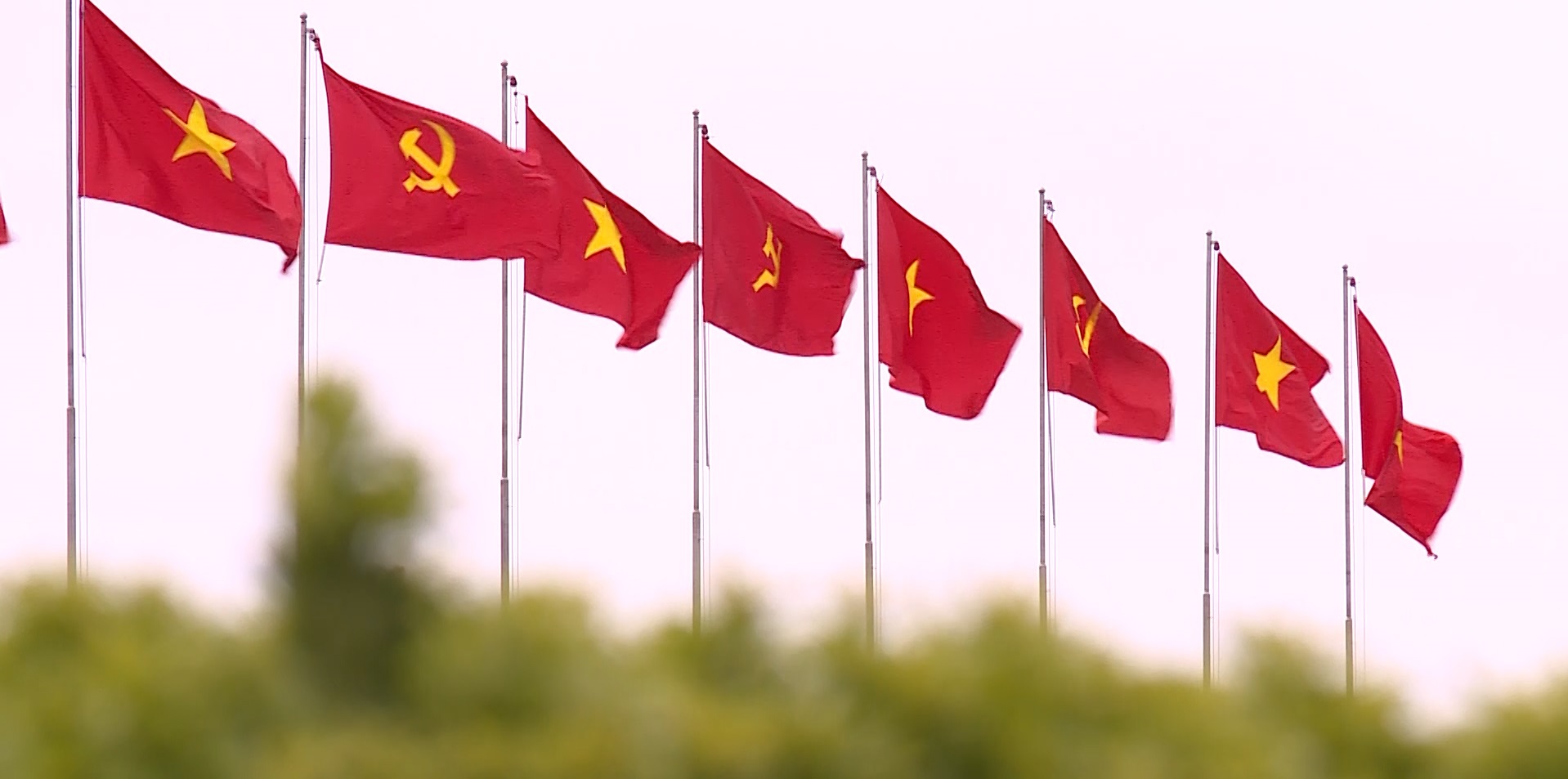
The victory on April 30, 1975 is a glorious milestone in the history of Vietnam. The day April 30 was a historic date when the North and the South of the country were reunified.
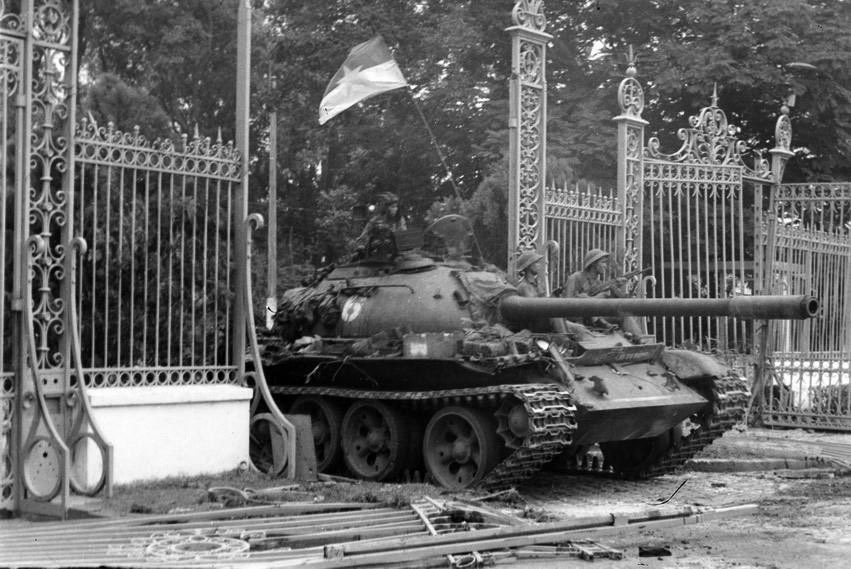


Forty-eight years later, the victory continues to be recorded in the fight against poverty, speeding up industrialisation and modernisation causes, bringing the country firmly on the path to socialism and building a prosperous and happy nation.
The victory of April 30, 1975 not only affirms the sound leadership of the Party in directing the revolutionary war, but also reflects the undaunted spirit of Vietnamese people in fighting foreign invaders. The victory ended the rule of old and new colonialism over a century in the country, opening a new era of peace and independence and moving toward socialism.

At its 24th plenum in September 1975, the Party Central Committee set forth the task of completing the national unification in terms of the State. On April 25, 1976, the General Election of the National Assembly (NA) was held nationwide with the participation of more than 23 million voters, or 98.8% of the total number of voters. The NA decided to name the country the Socialist Republic of Vietnam (from July 2, 1976), with Hanoi as the capital city. It was decided that the Vietnamese national flag is a red flag with a yellow star in the centre, and the national anthem is “Tien quan ca” (Marching song). The national emblem is circular in shape; in the middle of a red background is a five-pointed golden star framed by rice ears below which is half a cogwheel and the inscription: Socialist Republic of Vietnam. Saigon city was renamed Ho Chi Minh City.
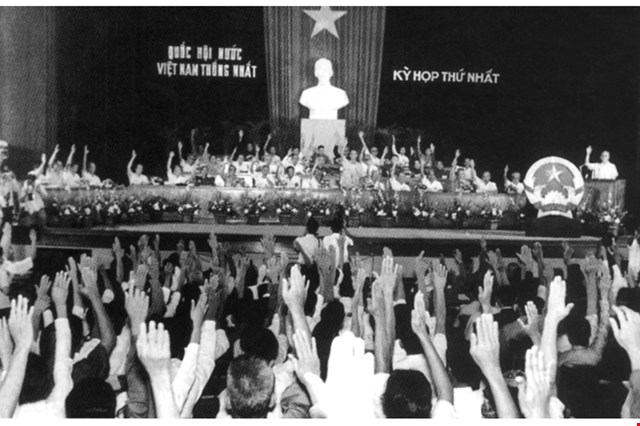


The completion of the national unification in terms of the State has created basic political conditions for comprehensively promoting the country’s development, facilitating its path to socialism, enabling Vietnam to expand relations with other countries around the world.
Through ups and downs, with a strong will, aspirations and concrete actions, Vietnam has been reaping great success. Having pursued doi moi (renewal) for over 35 years, under the leadership of the Party, the nation has recorded historically significant achievements as Party General Secretary Nguyen Phu Trong affirmed: “With all humility, we can now say that our country has never had such fortune, potential, international position and prestige as it does today.”
In the eyes of the international community, Vietnam is the world’s success story in terms of economic development and poverty reduction. From a poor country, it has become a middle-income nation, and the poverty rate has dropped sharply from 57% in the early 1990s to 5.2% in 2020. Notably, the multidimensional poverty rate decreased significantly from 18.1% in 2012 to 10.9% in 2016 and 4.4% in 2020. In line with the latest multidimensional poverty line, which is applied for 2022-2025 period, the rate of poor and near-poor households was 7.52% last year.

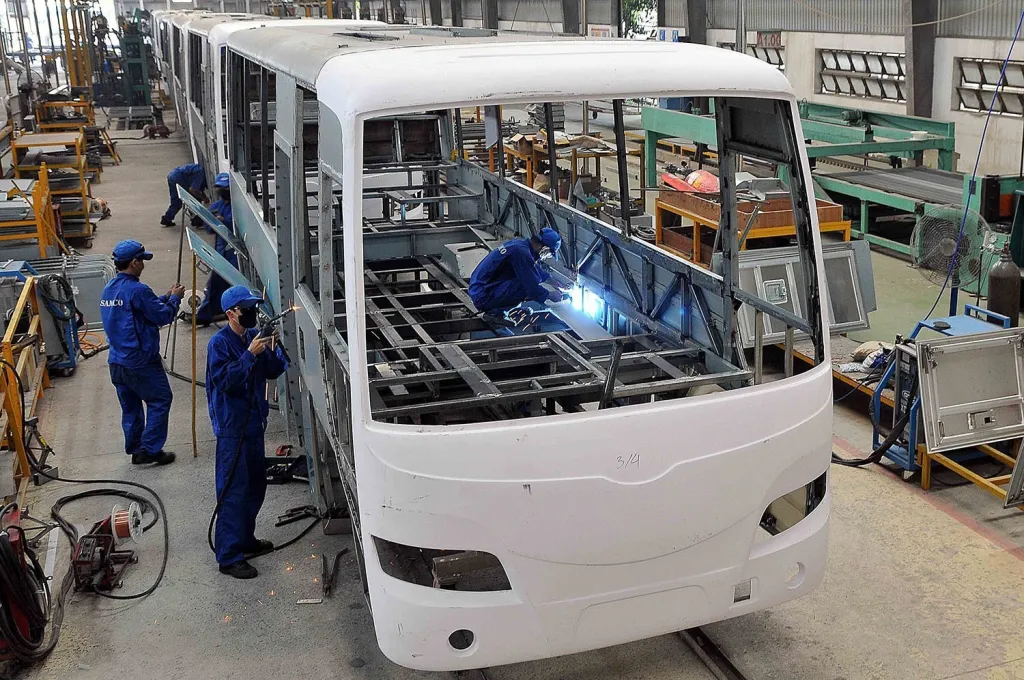

Vietnam’s economy has consistently experienced high growth in the region. Between 2016 and 2019, it was among the top 10 fastest-growing countries in the world and was one of the 16 most successful emerging economies. In particular, its GDP expanded by 8.02% last year, hitting a record in the 2011-2022 period. The scale of the economy in 2022 was estimated at nearly 409 billion USD and its per capita income is over 4,000 USD a year. Commodity exports have also been a bright spot in Vietnam for many years. Vietnam’s exports reached about 372 billion USD last year, up 10.6% year-on-year. This is also the 7th consecutive year the country has gained a trade surplus of nearly 11.2 billion USD, more than 3.3 times higher than that of 2021.

The country’s face-lift has also manifested in positive changes from rural to urban areas, from transport infrastructure to entertainment services. Vietnam has become a leading country in the world with the highest growth in terms of mobile phone subscribers, internet users as well as smart devices such as smartphones.
Cultural, material and spiritual life of people of all strata has been improved remarkably while social welfare has been ensured. Comprehensive development of Vietnamese people has become the centre of the socioeconomic development strategy. Job creation and hunger eradication as well as poverty reduction have achieved good results. Great national unity has been consolidated along with the strengthening of Party building and the building of a law-governed socialist state.
Vietnam’s external relations are expanding and the country’s position and prestige in the international arena are being enhanced. Vietnam has established diplomatic ties with 191 out of 193 United Nations member states, and strategic and comprehensive partnerships with more than 30 countries, including all major economies in the Asia-Pacific region and the five permanent members of the UN Security Council.
On the multilateral level, Vietnam is an active and responsible member of more than 70 important international organisations and forums such as the UN, the Association of Southeast Asian Nations (ASEAN), Asia-Pacific Economic Cooperation (APEC), Asia-Europe Meeting (ASEM) and World Trade Organisation (WTO). Vietnam has also successfully organised a number of international conferences and fulfilled its duties as a non-permanent member of the UN Security Council, the rotating chair of ASEAN and the host of the ASEM Summit and the ASEAN Summit.




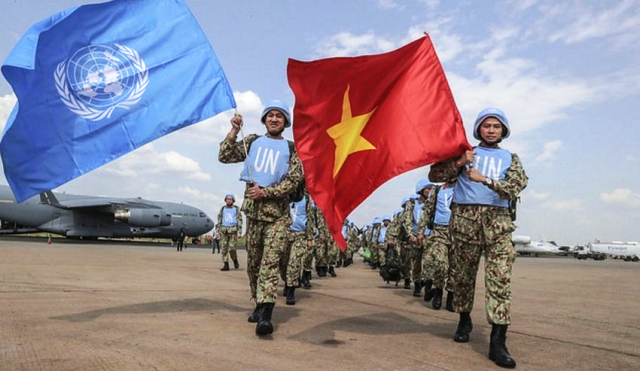
Resolution of the 13th National Party Congress as well as those of the National Assembly, the Government, and the Party committees at levels define specific tasks and goals towards a country of independence, freedom and happiness.
To turn aspiration into reality, it is necessary for us to thoroughly grasp the will and aspiration of President Ho Chi Minh and foresee difficulties, advantages and opportunities to realise effective strategic tasks in the next five, 10, 20 and 30 years.
Forty-eight years have passed, but the victory of the 1975 Spring General Offensive and Uprising which culminated in the historic Ho Chi Minh Campaign is still significant. It is a source of encouragement for the entire people on the way to carrying out the nation’s renewal cause./.
